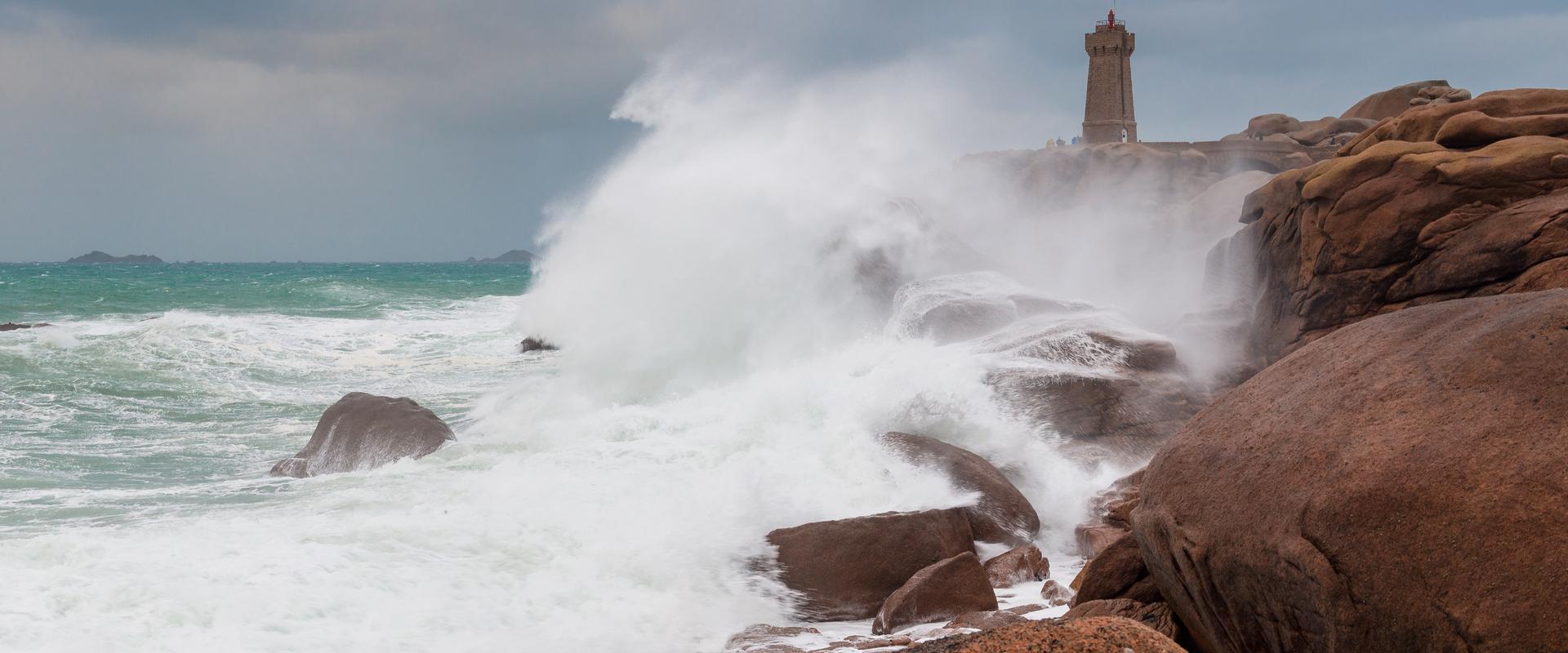In early October 2018, the Intergovernmental Panel on Climate Change (IPCC) published a special report on the consequences of a global temperature rise of 1.5°C compared to the preindustrial period.
On 10 October 2018, Valérie Masson-Delmotte, a French researcher and co-Chair of the IPCC working group coordinating this report, presented its results at a hearing of the French Senate Commission on planning and sustainable development, during which she cited the work of the BRGM.
The BRGM's commitment to research on climate change and the energy transition
The BRGM is involved in research on the energy transition to contribute to climate change mitigation. For this purpose, it is participating in the development of technologies for underground energy and CO2 storage. The BRGM is also contributing to the promotion and development of geothermal energy in all its forms as a renewable resource that draws on the Earth's natural heat.
We are closely involved in numerous climate change adaptation projects, contributing to the scientific community's efforts to assess climate change consequences for soil and coastal erosion, coastal and groundwater flooding, land movement risks and water resources. We develop analyses to support new planning strategies for regional and local areas and ways of adapting their activities.
During the Senate hearing, Valérie Masson-Delmotte laid particular emphasis on the importance of preparedness for sea level rise, stressing that the BRGM's researchers are in a position to refine current knowledge on the rate of sea level rise and its regional and local consequences.







